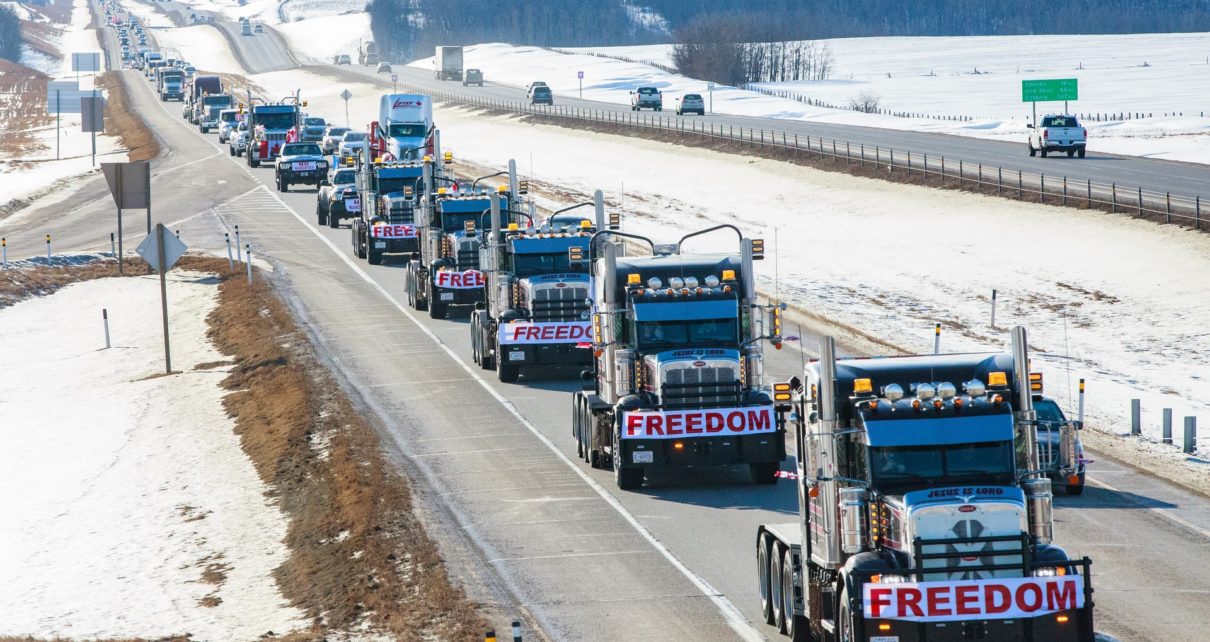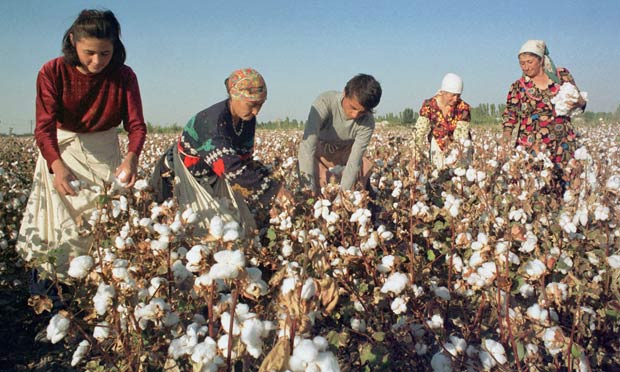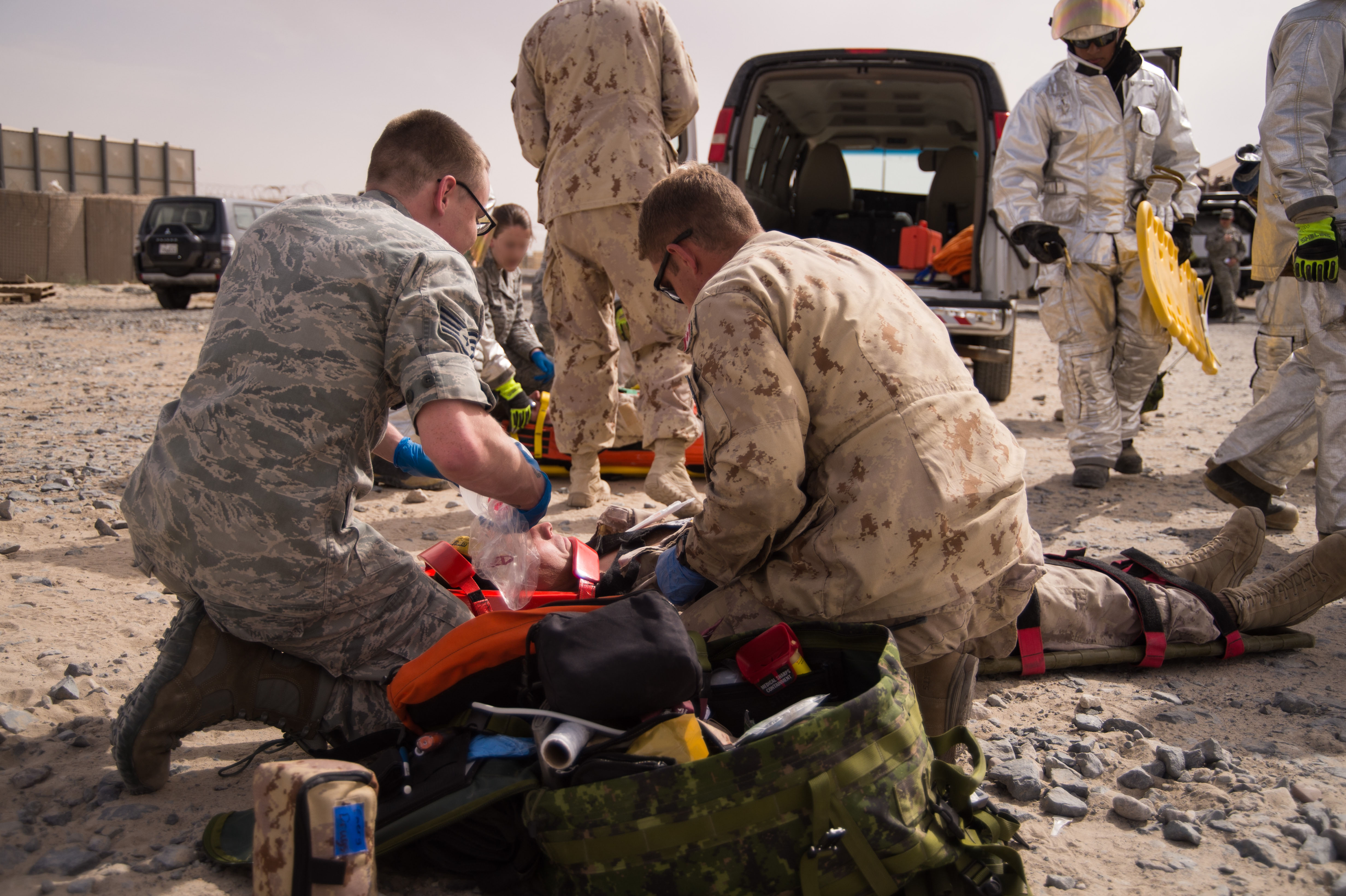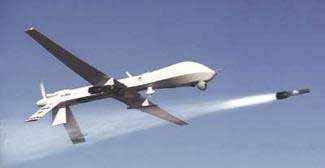In the past week, Canada’s Prime Minister, Justin Trudeau, has faced many security threats during a string of Liberal Party events. Trudeau has cancelled campaign stops in Saskatoon, SK and Surrey, BC due to a show of protesters and fear of violence. Protesters apparently also targeted racial minorities at the event with racial slurs and threats. These incidents, only the most recent in a turbulent year for Trudeau following the global coverage of the “Trucker Convoy” that crossed Canada and took over downtown Ottawa as a protest of Covid restrictions, indicate the growing political dissatisfaction in Canada within a time marked by a significant economic downturn.
The most common concern among Canadians is soaring inflation and the rising cost of living in major cities. Inflation has led the Bank of Canada to raise interest rates to control the worsening situation. However, the cause of this event is not singular. As Canada and the rest of the world try to recover from a global economic decline resulting from the COVID-19 pandemic, the Russian invasion of Ukraine has further strained the international supply chain, contributing to a strained world economy.
In the wake of political unrest, the government’s resultant actions are of great interest to the public . The aforementioned events have caused mistrust in the Canadian system with polls showing doubt in politicians and a sense of heightened anxiety, but it is now raising alarms about national security and the possibility of such events escalating. For example, the recent Surrey protest has captured protesters with signs that read “Treason,” and a protester carrying a noose. In addition, for the past year, there have been several protests against public health measures posed by the government as a result of worldwide misinformation. While Canadians have the right to demonstrate peacefully, the nature of the demonstrations can potentially impact the security of others. These incidents are not isolated events and indicate a rising wave of frustration and polarized politics.
The world is becoming increasingly globalized. While this is an advantage for spreading global goals and a more connected economy, states are beginning to experience the downside of such connections. Politics, social movements, and information are no longer stopping at state borders, and more studies are needed to assess the long-term impact of interconnectedness and security.
Image copyright: “FREEDOM convoy taken in Central Alberta on their way to the Legislature Building in Edmonton in support of the FREEDOM / Anti-government mandate Convoy of Truckers in Ottawa, Ontario, Canada” by Naomi McKinney via Unsplash.
Disclaimer: Any views or opinions expressed in articles are solely those of the authors and do not necessarily represent the views of the NATO Association of Canada.




